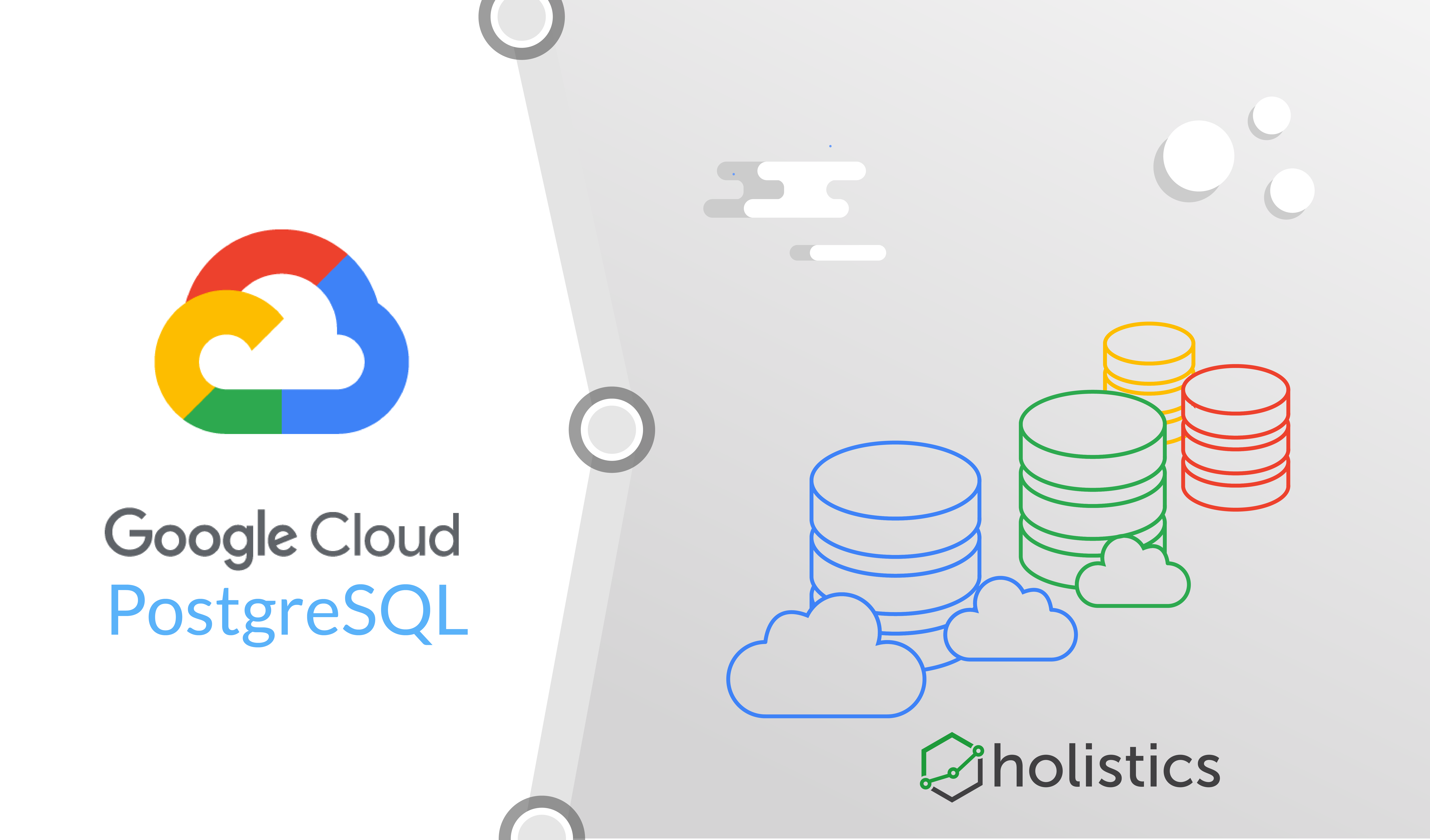Google Cloud Platform PostgreSQL: A Comprehensive Guide
PostgreSQL is an advanced open-source relational database management system that has gained popularity among developers for its robust features and scalability. When it comes to hosting PostgreSQL databases on the cloud, Google Cloud Platform offers a reliable and efficient solution. In this article, we will explore the key features and benefits of using Google Cloud Platform PostgreSQL.
Why Choose Google Cloud Platform PostgreSQL?
Google Cloud Platform (GCP) is known for its high-performance infrastructure and a wide range of cloud services. When it comes to PostgreSQL, GCP provides a managed service that takes care of infrastructure maintenance, backups, and security patches, allowing you to focus on your applications.
One of the key advantages of using Google Cloud Platform PostgreSQL is its scalability. You can easily scale your database resources up or down based on your application’s needs, without any downtime. This flexibility allows you to handle sudden spikes in traffic or data growth effectively.
Key Features of Google Cloud Platform PostgreSQL
- High Availability: Google Cloud Platform PostgreSQL offers built-in high availability with automated failover and replication, ensuring that your database remains accessible and responsive at all times.
- Security: GCP provides robust security measures, including data encryption, access control, and network isolation, to protect your PostgreSQL databases from unauthorized access and cyber threats.
- Performance: With Google’s state-of-the-art infrastructure and optimized configurations, PostgreSQL databases on GCP deliver high performance and low latency, providing a seamless user experience.
Getting Started with Google Cloud Platform PostgreSQL
Setting up a PostgreSQL database on Google Cloud Platform is straightforward. You can use the Cloud SQL service, which provides a managed PostgreSQL database that is fully compatible with standard PostgreSQL tools and libraries.
To create a PostgreSQL instance on GCP, simply navigate to the Cloud SQL Console, select PostgreSQL as the database engine, choose your instance type and configuration settings, and click “Create”. Within minutes, your PostgreSQL database will be up and running on Google Cloud Platform.
Optimizing Performance on Google Cloud Platform PostgreSQL
To ensure optimal performance of your PostgreSQL database on Google Cloud Platform, consider implementing the following best practices:
- Use Indexes: Indexes can significantly improve query performance by allowing the database engine to retrieve data more efficiently.
- Monitor Query Performance: Regularly monitor your database’s query performance and optimize slow queries to enhance overall performance.
- Set up Replication: Implementing replication can improve availability and enable failover in case of hardware failures or network issues.
By following these optimization techniques, you can ensure that your PostgreSQL database on Google Cloud Platform performs at its best and meets the demands of your applications effectively.
Conclusion
Google Cloud Platform PostgreSQL offers a reliable and efficient solution for hosting PostgreSQL databases in the cloud. With its high availability, security features, and performance optimizations, GCP PostgreSQL is a top choice for developers looking to leverage the power of PostgreSQL on the cloud. Whether you are building scalable web applications or running analytics workloads, Google Cloud Platform PostgreSQL has you covered.
Start using Google Cloud Platform PostgreSQL today and experience the benefits of a managed PostgreSQL service on one of the leading cloud platforms in the industry.
